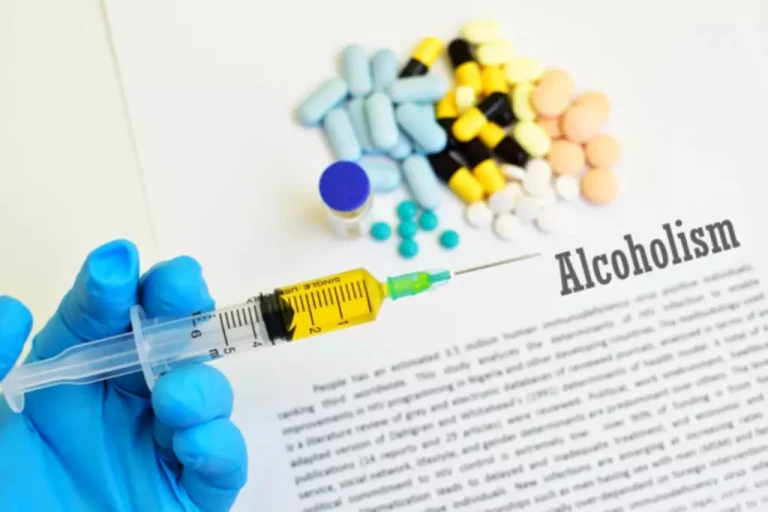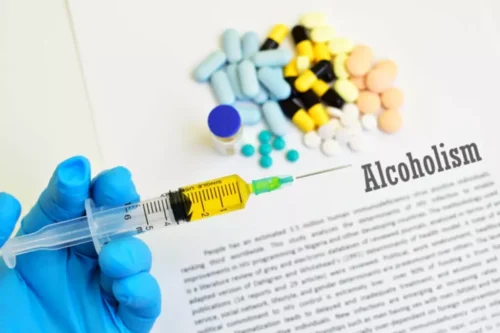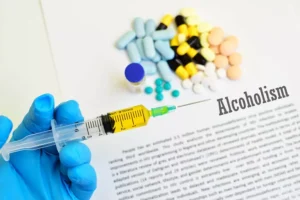What Is The Link Between Narcissism And Alcoholism?

Research suggests that genetic and biological factors can contribute to both narcissism and alcoholism 3. Certain genetic variations and neurochemical imbalances may increase the vulnerability to developing these conditions. Additionally, a family history of alcoholism or narcissistic traits can further heighten the risk of developing alcoholic narcissism. Narcissism and alcoholism often intertwine, creating a complex and challenging dynamic. Both conditions can significantly impact a person’s relationships, well-being, and overall quality of life. Research indicates that individuals with narcissistic tendencies are more likely to develop alcohol-related problems and engage in excessive drinking behaviors.

The Cycle of Addiction and Narcissism
Our biochemical imbalance can be affected by diet and stressful life events, but it often goes back to genetics and epigenetics. We do specific biochemical laboratory testing to determine an individual’s biochemical imbalance. The collective wisdom and understanding fostered in these groups can be a valuable source of encouragement and inspiration throughout the recovery journey. If you or someone you know is interested in exploring treatment for AUD and NPD, there are resources available.

Impact on Relationships
- According to Frontiers in Psychology, “Vulnerable narcissism is related to withdrawal, low self-esteem, negative affect, sensitivity to negative feedback, and defensiveness.
- Their actions can create significant strain on personal connections and lead to emotional turmoil for those close to them.
- Clinical narcissists are obsessed with themselves to the point of not being able to form healthy relationships.
- The interplay between narcissism and alcoholism can have devastating effects on relationships.
The relationship between alcoholism and narcissism can create significant challenges for individuals and their loved ones. Treatment requires addressing both disorders concurrently to be effective. In such cases, it’s vital to opt for treatment centers that can tackle both issues.
- This, in turn, can lead to increased selfish behavior, aggression, and emotional instability.
- Some research suggests narcissistic traits may increase in prevalence in individualistic societies.
- So, how to stop the relationship between alcoholism and narcissism from gaining momentum?
- You could start by exploring peer support groups like Al-Anon that help families and loved ones living with people with AUD.
- Let Little Creek Recovery Center guide you down the right path to recovery, personal growth, and long-term sobriety.
- For example, both narcissists and alcoholics may exhibit manipulative, exploitative, and controlling behaviors.
- Complex trauma is often a key factor to distress mental and physical state.
A quick note on terminology
Narcissism and alcoholism are two significant issues that can profoundly affect individuals and their relationships. Understanding the intersection of these conditions is crucial for recognizing the challenges faced by those dealing with both. This blog delves into the nature of narcissism and alcoholism, their interconnection, and their impact on individuals and their loved ones. Alcoholism is a complex disorder characterized by compulsive alcohol use, loss of control over intake, and negative emotional states when not drinking.
What are some common traits of individuals with both narcissism and alcohol addiction?

Acknowledging your addiction and the need for help is the first step towards recovery. While it’s true that drinking can temporarily satisfy your emotional needs and desire for attention, this reprieve is short-lived and often leads to alcohol-related problems and dangerous situations. Understanding the link between your addiction and narcissism allows you to be more mindful of the factors that contribute to your drinking problem. You could start by engaging with a mental healthcare provider or treatment center that specializes in dual diagnoses. Treatment centers can also ensure that you can access the right support systems at the right time in your treatment.
- The combination of these conditions often results in a cycle of dependency and deteriorating health.
- Over time, your tolerance to alcohol builds up, meaning that you need to consume more to achieve the same effects.
- Rooted in the term “narcissus” from Greek mythology, where Narcissus fell in love with his reflection, it represents an excessive self-focus and inflated sense of self-importance.

It’s possible for people with AUD to successfully stop using alcohol when they have the right support and treatment. If you answered “yes” to most of the questions above, speaking with a therapist might be a good narcissism and alcoholism idea. Regardless, it’s always a good idea to look for mental health help if you’re experiencing something that causes you distress. In other words, those who had narcissistic tendencies were more likely to use alcohol and experience problems because of alcohol use.

People who display addictive behaviors in addition to narcissistic traits may require a substance abuse treatment program that is equipped to treat co-occurring disorders. Finding a way out of the complex web of bipolar narcissistic alcoholism requires a comprehensive and personalized approach. Let’s discuss the most common treatment options available for individuals grappling with alcoholic narcissism. At the core of alcoholic narcissism lies deep-seated insecurity and fragile self-esteem 1.
Conditions
Pathways Recovery Center uses evidence-based therapy and personalized treatment plans to support clients with co-occurring NPD and AUD. Clinical narcissists are obsessed with themselves to the point of not being able to form healthy relationships. “Object love” is one way to describe relationships narcissists have with others.

